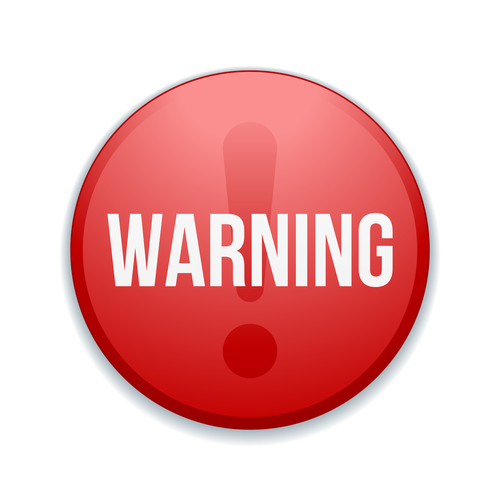Myths About Common Dental Products
 It comes as a shock to many people to find out that the common dental products they use aren’t actually created or marketed to them by dentists. In fact, there is very little regulation in the marketing industry, and most over-the-counter or drugstore products can claim whatever they want on their packaging. Since few people realize that the “doctor recommended” branding means little, it is common for hygiene routines to do more harm than good. These are the common myths about dental products and the truths about what they are really doing to your teeth.
It comes as a shock to many people to find out that the common dental products they use aren’t actually created or marketed to them by dentists. In fact, there is very little regulation in the marketing industry, and most over-the-counter or drugstore products can claim whatever they want on their packaging. Since few people realize that the “doctor recommended” branding means little, it is common for hygiene routines to do more harm than good. These are the common myths about dental products and the truths about what they are really doing to your teeth.
Whitening Products Give You a Whiter Smile
Teeth whitening strips and toothpaste are often touted as convenient ways to whiten your teeth at home, and everyone wants whiter teeth. However, the truth is that drugstore whitening strips and toothpastes have highly acidic pH levels, which act as preservatives to give the products a longer shelf life. When you place the strips or toothpaste directly onto your teeth, you are placing acid directly onto your tooth enamel. While this may initially result in a whitening effect, your enamel will erode away over time. Enamel is the hard, white casing that protects your teeth. As this protective layer is removed, the inner layers of your teeth are revealed, which are actually brown. Additionally, removing the outer layer of enamel leaves your teeth more sensitive to temperature. If enough enamel is lost, you may need porcelain veneers to restore the appearance of your teeth and to provide protection.
In addition to affecting the enamel of your teeth, the high acidic pH levels in whitening toothpastes combined with their abrasive nature can cause or worsen gum recession. As the gums pull away, the bottom and root of the tooth become exposed. This can increase tooth sensitivity and lead to the weakening of your teeth over time.
Your Toothbrush and Technique Should Be Hard
Many people think that cleaning their teeth is like cleaning a pan – the harder you scrub, the cleaner your teeth will become. The fact is that hard toothbrushes and aggressive scrubbing are bad for your teeth and affect the quality of your tooth enamel. Hard brushing also accelerates gum recession, which will eventually result in some major dental problems down the line. You should actually use a soft-bristled toothbrush and move it in gentle, even circles across your teeth. It is important to read the packaging on your toothbrush; many stores place soft-bristled toothbrushes low on the shelves or in hard-to-find places.
Chewing Gum Helps Your Oral Health
People believe that you should chew gum because it increases saliva production, which helps lower the pH of your mouth. While this is true, the harmful effects of chewing gum are not balanced out by saliva production.
Gum often leaves behind a residue on your teeth that traps in food, which breeds bacteria. Bacteria produces acid, which wears away at enamel. Chewing gum can also lead to jaw fatigue or worsen TMJ in people who are prone to teeth grinding and clenching. Chewing gum is also dangerous for patients with fillings and crowns because the gum sticks to these materials and can pull them out. This can cause intense pain and a costly correction.
Most people use gum out of habit. You don’t need chewing gum, but people often use it for recreation or to treat bad breath. Alternatives to chewing gum such as staying hydrated or eating sugar-free mints provide the same saliva-increasing benefits without the harmful side effects.
What to Do for a Whiter, Healthier Smile
For a white, healthy smile, brush your teeth and floss in the morning, 30 minutes after meals, and before bed. Use a soft-bristled toothbrush and a non-abrasive, non-whitening toothpaste. Skip the teeth whitening strips and ask your dentist about teeth whitening trays or ZOOM! teeth whitening. See your dentist regularly and avoid stain-causing food or highly acidic foods. Lastly, read the packaging on the products you are going to buy and remember that “dentist recommended” doesn’t mean you SHOULD use it.
For more information about oral health and procedures to help you achieve that flawless smile, schedule your consultation with Dr. Fiss today. Contact our office at (312) 642-6631 or fill out our online contact form for additional information.